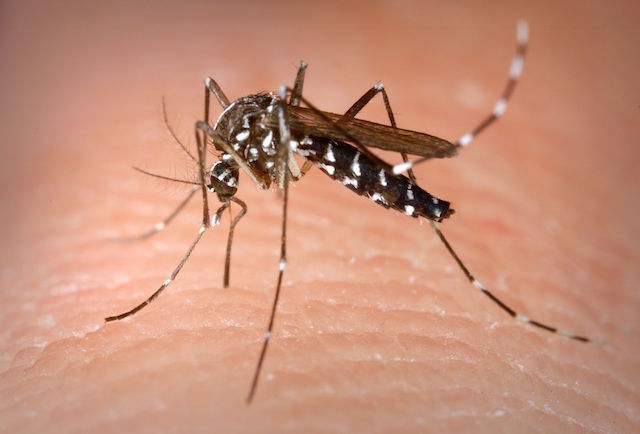The average time it takes to test and develop a new drug takes about 12 years – but when a virus without any known treatment starts to cause fetal development complications in pregnant mothers, that development process is 12 years and 9 months too late
However, according to the work of a diverse research team at Florida State University, the components of our figurative bug swatter may already exist.
RELATED: Walgreens Now Provides Free Online Mental Illness Tests
Through a testing and selection process called “repurposing screening,” researchers sifted through over 6,000 compounds that were already FDA approved or in their clinical trial stages – this way, the drug can quickly start to be administered to those affected without having to go through testing trials.
“We teamed up to look for small molecule compounds that can inhibit Zika virus replication,” said Hengli Tang, Professor of Biological Science at FSU. “We [also] hope[d] of finding drugs to treat Zika virus infection.”
MORE: FDA Finally Bans Antibacterial Soaps Containing Triclosan and 18 Other Chemicals
After testing each compound on lab grown human cells, Tang and his team discovered two trait distinctive compound classes that could be used to treat the Zika virus: one class inhibited the virus from multiplying; and the other was neuroprotective against Zika induced cell-damage to the precursor brain cells of fetal development.
Because both compound classes were already FDA approved or in their clinical trial stages, different compounds from each class could be combined to create a new drugs that would already be close to the testing stage of development.
CHECK OUT: Scientists Just Deleted HIV in Mice Using Gene-Editing Technique
“We live in Florida, and we know there are cases in Florida,” said Tang. “So [Zika] is something that is very close to home. I think that [our research] counts for something: the ability to perhaps affect people’s lives in a positive way.”
(WATCH the video below)
This Story Is All Abuzz With Interest: Click To Share – Photo by Aedes Albopictus




















